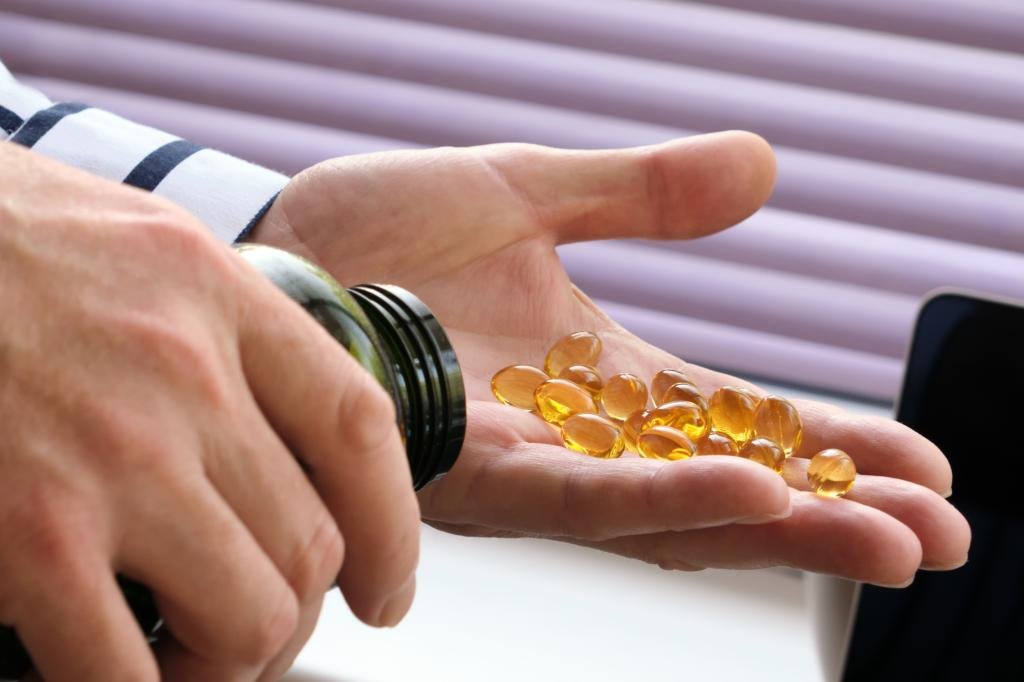health
Experts are sounding the alarm after the recent death of a man from overdosing on vitamin D.
David Michener, 89, died outside London, England, after taking highly concentrated supplements for nine months before his death.
Members of the local medical community are now using this opportunity to warn the public about the risks of taking supplements in general, which they say are poorly publicized.
Coroner Jonathan Stevens said in his official report: “There were no warnings on the packaging detailing the specific risks or side effects of taking vitamin D supplements.” “In my opinion, if we don’t take action, we risk future deaths.”
It is said that the deceased had the highest levels of vitamin D in his body ever recorded. His post-mortem examination found that his vitamin D level was 380, “the highest level that the laboratory can record.” Harvard University recommends that adults maintain a level of 30 to “ensure adequacy.”
When it comes to dosage, 600 International Units (IU) is the recommended amount for most adults.
According to the Mayo Clinic, consuming more than 60,000 IU per day for several months can lead to an overdose.
Michener first came to the hospital with hypercalcemia, a condition in which there is a large amount of calcium in the body.

According to the Mayo Clinic, this is usually caused by high levels of vitamin D.
The coroner blamed not only excess D as a cause of death, but also congestive heart failure, chronic kidney failure, hypercalcemia and ischemic heart disease when blood can’t flow efficiently to organs. .
However, high levels of vitamin D were detected, leading the coroner to warn that “vitamin supplements can pose very serious risks and side effects if taken in excess.”
“Current food labeling requirements do not require these risks or side effects to be listed on the package,” he added, referring to the “lack of adequate warnings and guidance regarding dosage.”
In the United States, the FDA is pressuring the pharmaceutical industry to label potentially dangerous supplements and make them less candy-like to prevent overdosing.
Load more…
{{#isDisplay}}
{{/isDisplay}}{{#isAniviewVideo}}
{{/isAniviewVideo}}{{#isSRVideo}}
{{/isSR video}}

